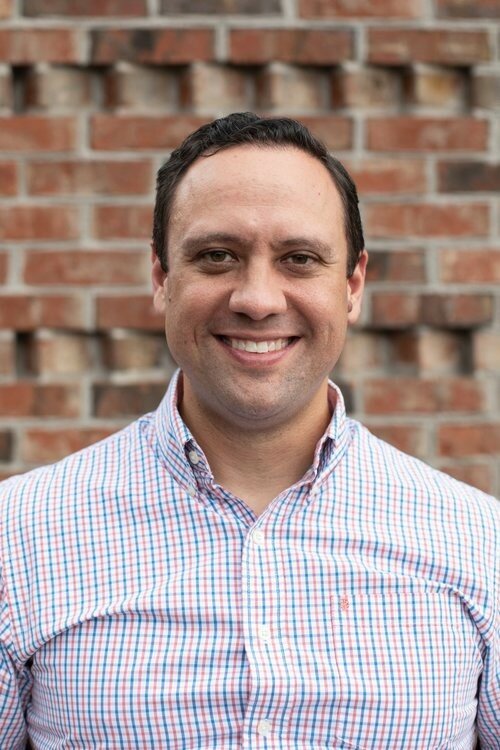Dooley Noted: When war is necessary
No civilized person celebrates war. Recent horrific scenes out of Israel, however, serve as a sobering reminder that some national conflicts cannot be avoided. News of hundreds of young Israelis mowed down at a music festival, civilians beheaded, women raped, and children butchered serve as a warning that the moral ambiguity which often describes our modernity is logically self-defeating. All worldviews are not the same. Evil is real. What is right is never wrong, and what is wrong is never right.
Those protesting Israel’s right to defend itself are either morally confused or intellectually dishonest. Ask yourself if we would have tolerated the same nonsensical approach in the aftermath of 9-11. Should we grieve over innocent Palestinians who are caught in the crosshairs of a clash that they did not ask for or participate in? Absolutely. The details and history surrounding the discord in the region are complex. What is not complicated, though, is that the primary enemy of the Palestinian people is Hamas, NOT ISRAEL.
Hamas is a religious terrorist group that ousted the Palestinian Authority in 2007 to become the ruling force in the Gaza Strip. These bullies have no interest in negotiating for peace. Their stated goal is the obliteration of Israel, and jihad is a mandatory and honorable expression of their Muslim faith. Calling on fellow Muslims to join in their fight to find and kill all Jews, Hamas views any peace initiatives as a “waste of time” and an “exercise in futility” according to their covenant of existence. We cannot simultaneously grimace over the past atrocities of Nazi Germany while at the same time turning a blind eye of naivete toward an equally vile threat.
These misguided priorities have reduced peaceful Palestinians to nothing more than a backdrop for the wicked schemes that further Hamas’ irrational goals. Those critical of Israel’s defensive measures fail to acknowledge that surrounding Arab nations have done nothing to protect or evacuate Palestinian civilians. Egypt will not receive them. Iran is not coming to their aid. Saudi Arabia only wants to blame Israel. Why? Because without them, Hamas would have no human shields. Hiding weaponry in apartment complexes and mosques is par for the course for extremists who are willing, even eager to die for their faith. The great losses in the Gaza Strip are tragic, but terrorist oppressors are the primary culprits.
How should Christians think about existential threats such as these? Historically, weak pacifism has not been part of the Christian tradition. Most believers understand that one of the basic, primary responsibilities of government is to defend its citizens. Though not all governments function justly, the Lord establishes ruling authorities with the right to bear the sword in order to punish and eliminate evildoers (Rom. 13:1-5; 1 Pet. 2:13-14).
The concept of a “just war” requires careful attention to both the why and the how of any call to arms. Defensive measures are, at their core, justified because no nation will exist for long without them. If possible, we are called to live at peace with those around us (Rom. 12:18), but threats like Hamas require a forceful response. Israel has the fundamental right to exist without acquiescing to the pressures of terrorism. Even these noble pursuits, though, do not justify unethical wartime measures. Prioritized efforts to reduce civilian causalities are challenging when your enemy cares nothing about its own citizens, but should be sought, nonetheless.
Obviously, Christians have a greater interest in Israel for theological reasons outside of the current conflict. So many of God’s irrevocable promises center around its real estate and its Jewish inhabitants. Regardless of how the current geopolitical dilemma fits into the nation’s eschatological future, we know that God is not finished with His chosen people (Zech. 12:10). When the time of the Gentiles concludes, once again the Lord will turn His attention back to the house of Abraham (Rom. 11:25-32).
In the meantime, we should all pray for the peace of Jerusalem (Psalm 122:6). We should pray for civilians on both sides of the conflict. And we should pray that democracy and justice will prevail against terrorism.
Dr Adam B. Dooley is pastor of Englewood Baptist Church in Jackson, TN, and author of Hope When Life Unravels. Contact him at adooley@ebcjackson.org. Follow him on Twitter @AdamBDooley.






